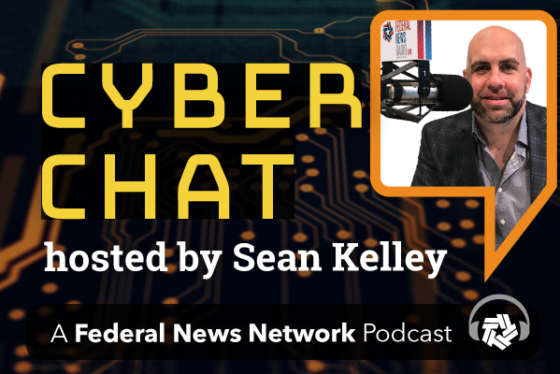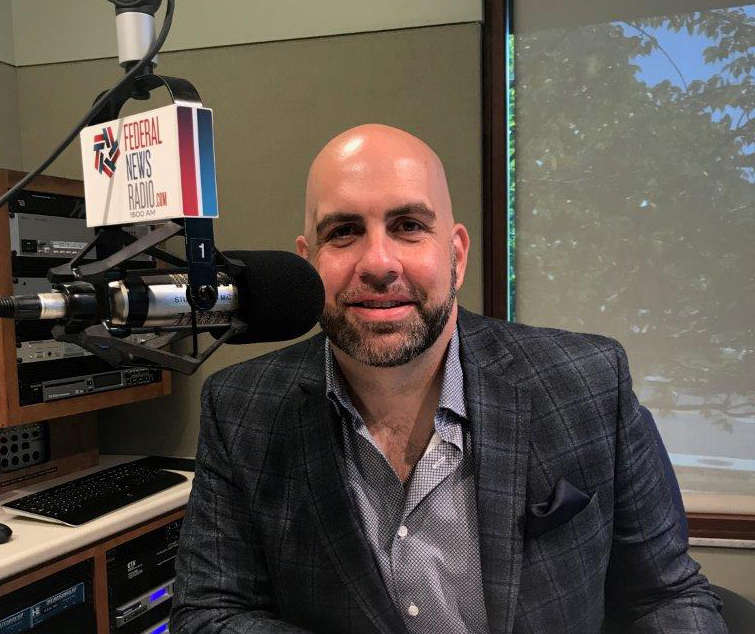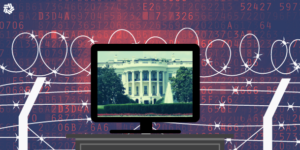Darryl Peek, former director of digital innovation and solutions at the Department of Homeland Security and current senior manager for strategy at Salesforce and Rep. Will Hurd (R-Texas) and sat down with Cyber Chat Host, Sean Kelley, to discuss the future of federal technology.
“A lot of people think bipartisanship is dead in Washington D.C., but it’s not,” Hurd said.
“We were able to pass [Federal CIO Authorization Act of 2019] unanimously, in essence strengthening the federal chief information officers. It is important to make sure one person is in charge of ensuring all the agencies and departments are following the right procedures to have good digital hygiene,” Hurd said.
Congressman Hurd said he hoped for more bipartisan support in 2019 for major issues like cybersecurity and transportation.
“[The American people] sent people to Washington D.C. to do things, not just to burn it down.”
Agencies like Veterans Affairs are dealing with critical technology issues. Hurd said VA needs system standardization and configuration in a big way. There are over 100 different versions of VA’s legacy systems and “nobody knows all of the different kinds of versions … what makes data transformation projects so difficult is you’re potentially dealing with tens of thousands of different versions of the software and nobody knows the changes from one application to another, ” Hurd said.
Looking ahead, Hurd counted the FITARA scorecard as one of his priorities — “making sure the 24 large agencies and departments are following efforts to have good digital hygiene.”
Another priority is a national plan on artificial intelligence (AI). “There are 18 countries that have one, five are developing it and we are not one of them. We have to make sure our research is complimentary between the public and the private sector. We need to make sure we’re thinking about how do we train the next AI researchers; how do we ensure that our workforce is prepared for a world of AI?” Hurd said.
Hurd also discussed his initiative called the Cyber National Guard.
“If you’re a kid and you want to go to college and you want to do something around cybersecurity, we’re going to find you some scholarship money. You’ve got a scholarship to work in the federal government, not NSA or DOD, but at the Census Bureau, at HHS and at places that require folks with cybersecurity skills,” Hurd said.
Hurd said once students finish the program, they would commit the same number of years to service in industry.
“The private sector is going to agree to loan you back into the federal government for 20 mandates a year,” Hurd said.
Peek said cloud adoption is gaining momentum as a priority.
“I’m starting to see it across the board. I’m starting to see more interest in how to leverage these cloud service providers and customers asking ‘How do I lower the barrier of entry?’ Peek said.
Copyright
© 2024 Federal News Network. All rights reserved. This website is not intended for users located within the European Economic Area.





